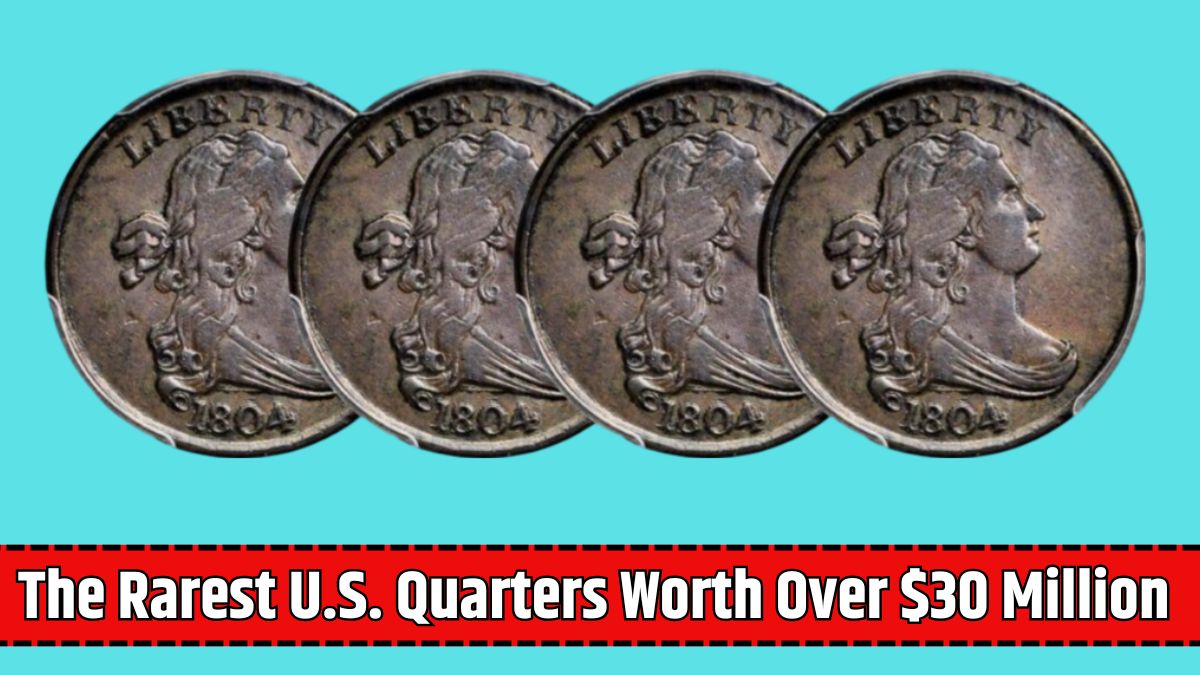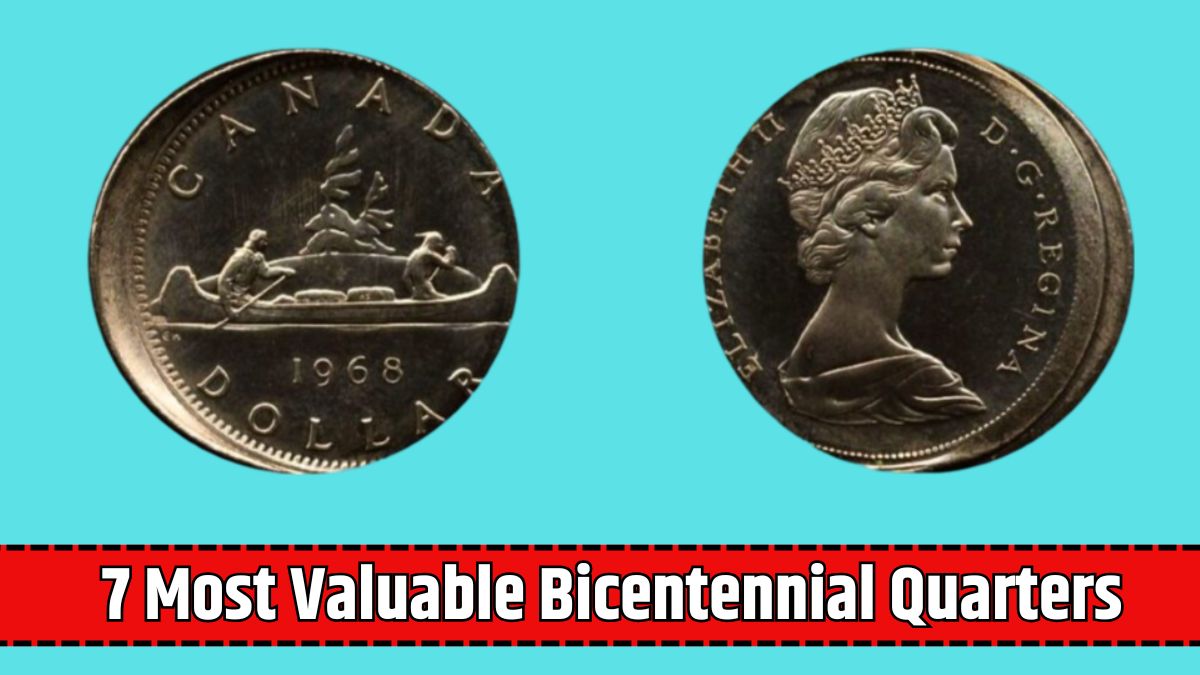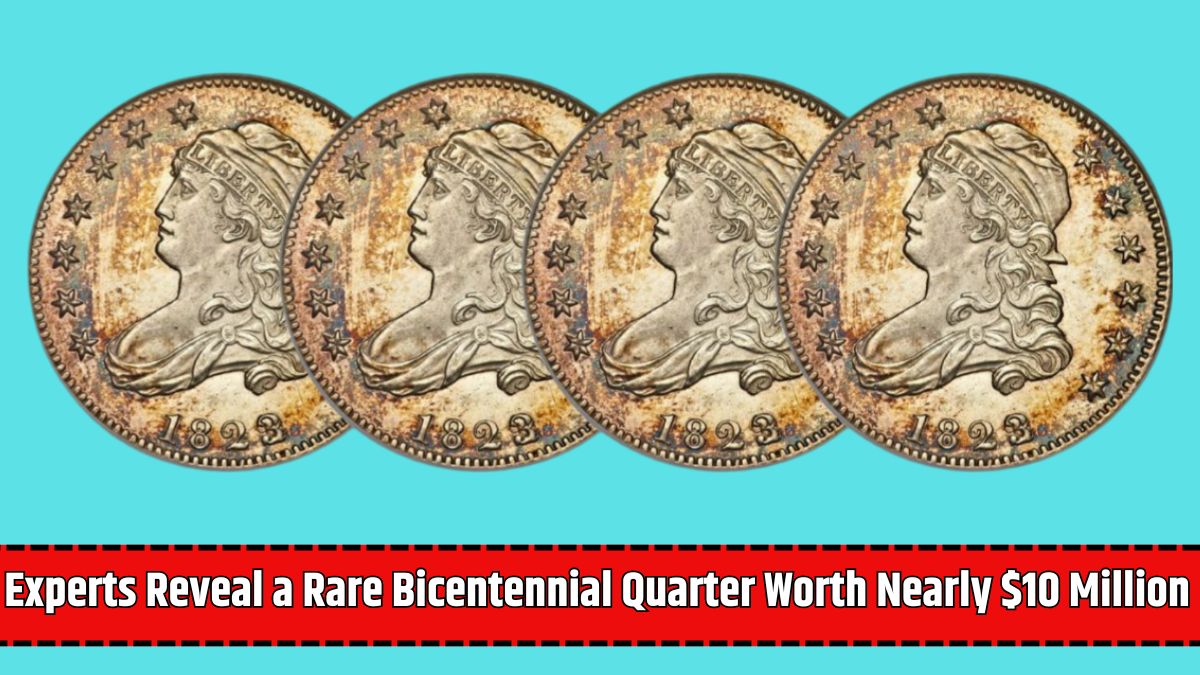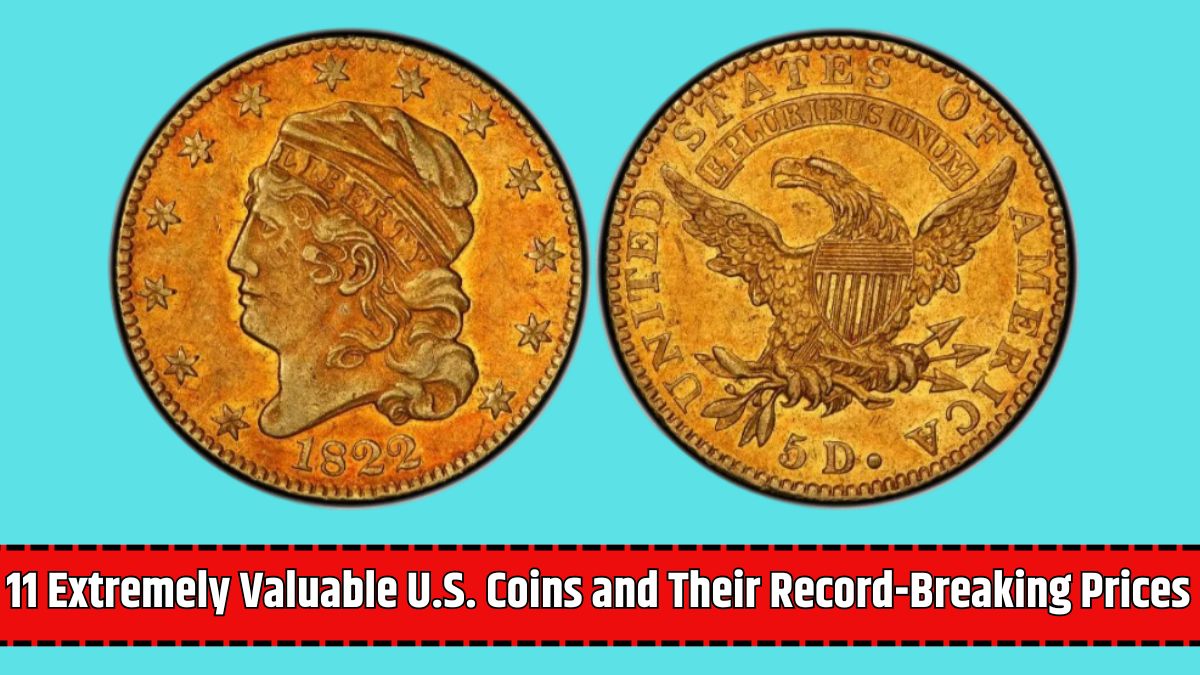New Jersey homeowners struggling with high property taxes can now benefit from a new initiative offering direct payments of up to $1,500.
This program provides critical financial relief, making homeownership more affordable in a state known for having some of the highest property tax rates in the U.S. If you’re a homeowner in New Jersey, this guide will walk you through eligibility, application steps, and other related programs.
What Is the New Jersey Homeowner Direct Payment Program?
The New Jersey Homeowner Direct Payment Program is a state initiative designed to ease the financial strain caused by rising property taxes.
By providing up to $1,500 in direct payments to eligible homeowners, the program helps offset property tax bills, allowing residents to remain in their homes without undue financial stress.
Key Features:
- Relief Amount: Up to $1,500.
- Purpose: To reduce property tax burdens on homeowners, especially those with low to moderate incomes.
- Target Audience: Homeowners in New Jersey who meet income and residency criteria.
Eligibility Criteria for the $1,500 Payment
To qualify for the program, homeowners must meet specific requirements:
1. Residency Requirement
You must be a permanent resident of New Jersey and own your primary residence in the state. Rental properties or vacation homes are not eligible.
2. Homeownership Requirement
The program is exclusively for homeowners, including those who own their homes outright or have a mortgage. Renters do not qualify.
3. Income Limits
Eligibility is based on household income:
- Individuals: Annual income below $150,000.
- Couples: Combined income below $200,000.
Always check for updates, as income thresholds may change annually.
4. Senior Preference
Seniors aged 65 or older may receive additional benefits or priority. This is particularly helpful for retirees on fixed incomes.
5. Property Tax Status
While not required to be behind on taxes, those with overdue property tax bills may be prioritized in some cases.
How Much Will You Receive?
Eligible homeowners can receive up to $1,500. The exact amount depends on factors such as:
- Household income.
- Age or disability status.
- Property tax liability.
Payments are non-taxable and will be issued via direct deposit or check.
How to Apply for the $1,500 Payment
Follow these steps to apply and secure your payment:
1. Visit the Official Portal
Head to the New Jersey Division of Taxation website to access the application portal.
2. Review Eligibility Criteria
Ensure you meet all requirements, including income limits, homeownership status, and residency.
3. Gather Necessary Documents
Prepare the following:
- Proof of Homeownership: Mortgage statement or property deed.
- Proof of Income: Tax returns or pay stubs.
- Identification: New Jersey state ID or driver’s license.
4. Complete the Application
Fill out the online form carefully. Double-check your income details and uploaded documents for accuracy.
5. Submit and Wait
Submit your application and keep an eye on your email or postal mail for updates. Payments typically take 60 to 90 days to process.
Additional Property Tax Relief Programs in New Jersey
New Jersey offers other financial relief options for homeowners:
1. Homestead Benefit Program
This program provides property tax relief for low- and moderate-income homeowners, with benefits calculated based on property taxes paid and annual income.
2. Senior Freeze (Property Tax Reimbursement Program)
Seniors aged 65+ may qualify for reimbursement of property tax increases from their base year.
3. Veterans Property Tax Deduction
Veterans may receive annual property tax deductions for their primary residence.
For more information, visit the New Jersey Division of Taxation website.
How Does New Jersey Compare Nationally?
New Jersey has the highest average property tax rate in the U.S. at 2.42%, significantly higher than the national average of 1.07%. This results in property tax bills averaging over $8,000 annually, with some areas exceeding $10,000.
Future of the Program
As New Jersey continues addressing affordability challenges, similar initiatives may emerge to provide more comprehensive property tax relief.
Stay updated on changes to this program and other financial assistance opportunities by regularly checking the Division of Taxation website.
















